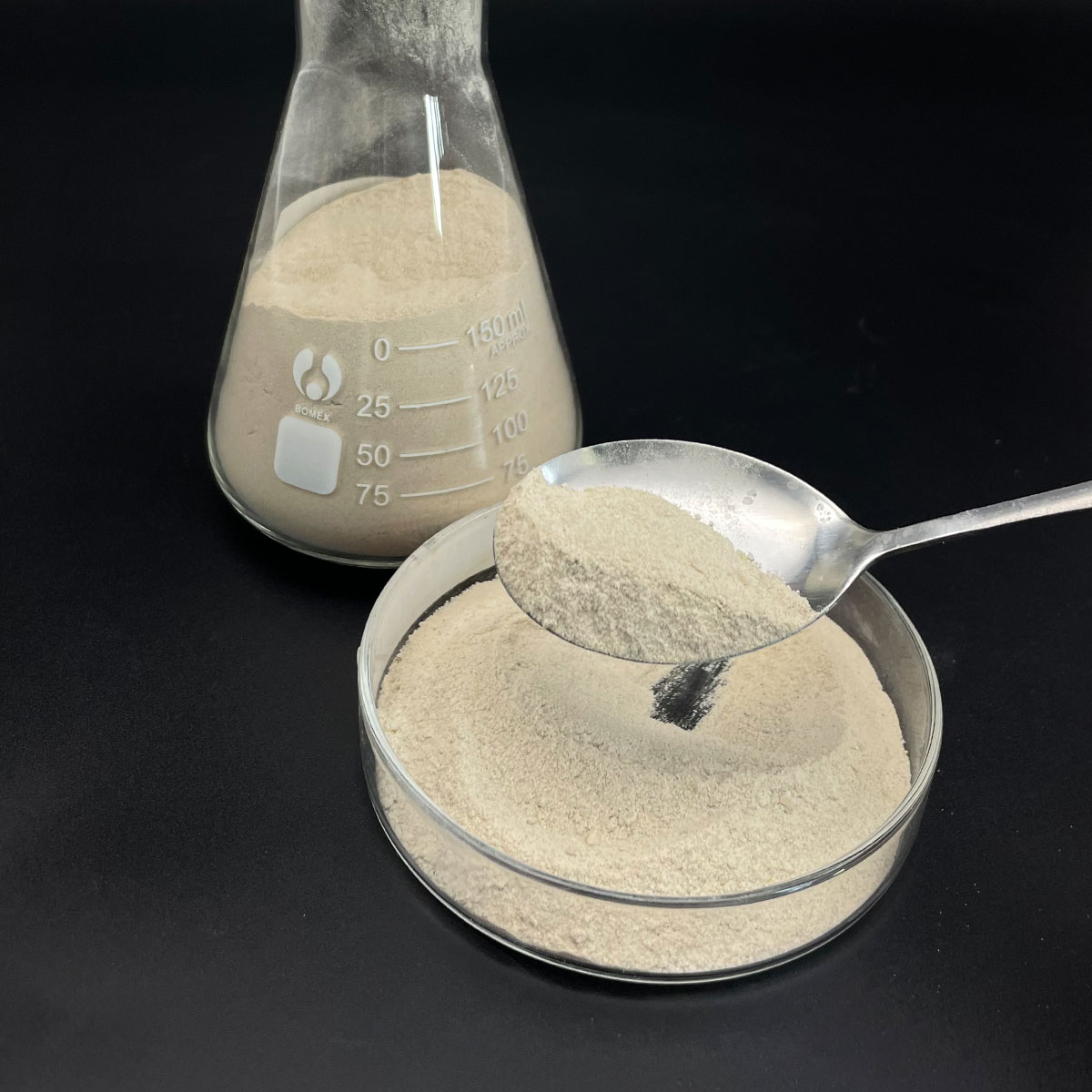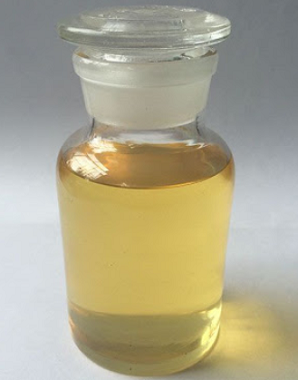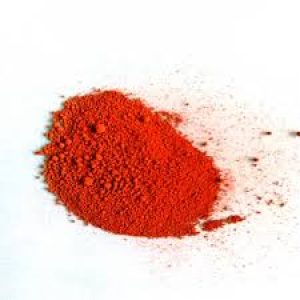Overview of Food Grade Additive Glycine Betaine / Betaine Anhydrous CAS 107-43-7
Amphoteric surfactants are a unique class of surface-active agents that possess both cationic and anionic properties, depending on the pH of the system they are in. They contain both a positively charged group (like a quaternary ammonium salt) and a negatively charged group (such as a carboxylate or sulfonate), which can ionize depending on the surrounding conditions. This dual nature grants them exceptional versatility, making them effective in a wide range of pH environments and compatible with other surfactant types. They are known for their mildness and excellent dermatological compatibility, rendering them particularly suitable for personal care applications.
Features of Food Grade Additive Glycine Betaine / Betaine Anhydrous CAS 107-43-7
-
pH Responsiveness: Their charge varies with pH, becoming cationic in acidic conditions and anionic in alkaline, with a zwitterionic (neutral) state at the isoelectric point.
-
Mildness: Known for being gentle on skin and eyes, making them ideal for sensitive applications like baby care and personal hygiene products.
-
Foaming Properties: Can generate rich, stable foam even in hard water conditions, enhancing their use in cleaning products.
-
Emulsification: Efficient emulsifiers capable of forming both oil-in-water (O/W) and water-in-oil (W/O) emulsions, depending on the formulation and pH.
-
Compatibility: Because they have both anionic and cationic properties, they are compatible with other types of surfactants and can work synergistically to enhance cleaning effects.
-
Biodegradability: Many amphoteric surfactants are readily biodegradable, contributing to their environmentally friendly profile.

(Food Grade Additive Glycine Betaine / Betaine Anhydrous CAS 107-43-7)
Specification of Food Grade Additive Glycine Betaine / Betaine Anhydrous CAS 107-43-7
Glycine Betaine, likewise called Betaine Anhydrous (CAS 107-43-7), is a food-grade additive with high purity. It appears as a white crystalline powder. It has no solid smell. It lugs a slight sweet taste. This item meets rigorous high quality requirements for food, cosmetics, and pharmaceutical applications. Secret specifications consist of a minimal purity degree of 98%. It dissolves easily in water. The pH worth ranges from 5.0 to 7.0. Moisture content remains listed below 2%. Hefty steels like lead and arsenic are regulated under 10 ppm. The service life is 2 years when stored appropriately. Storage calls for an amazing, completely dry atmosphere. The product packaging should remain closed to prevent moisture absorption.
Glycine Betaine functions as a methyl donor in metabolic procedures. It supports liver function. It helps in maintaining mobile hydration. It is generally added to sporting activities nourishment products. It assists enhance physical efficiency. It lowers fatigue during workout. The substance is used in skin care items. It improves wetness retention. It safeguards skin from dry skin. In animal feed, it promotes food digestion. It enhances vitamins and mineral absorption. It supports animals development.
This additive is risk-free for human usage. Regulatory bodies approve its usage in regulated quantities. Straight call with eyes or skin ought to be prevented. Correct handling procedures are required. Industrial individuals need to comply with safety and security guidelines. The item is safe when utilized correctly.
Glycine Betaine is created through innovative filtration techniques. Basic material undertake rigorous screening. Each batch is looked for uniformity. The production procedure ensures marginal impurities. Customized packaging choices are offered. Mass orders obtain concern processing. Technical assistance is attended to product assimilation.

(Food Grade Additive Glycine Betaine / Betaine Anhydrous CAS 107-43-7)
Applications of Food Grade Additive Glycine Betaine / Betaine Anhydrous CAS 107-43-7
Glycine betaine, called betaine anhydrous (CAS 107-43-7), is a food-grade additive widely utilized in the food industry. It is a natural compound discovered in sugar beetroots and other plants. It offers numerous features in food and health and wellness supplements.
Betaine anhydrous sustains human wellness. It assists maintain heart health by controling homocysteine degrees. It advertises liver function by assisting fat metabolism. It aids vitamins and mineral absorption in the digestive system. These advantages make it an usual active ingredient in dietary supplements. It is usually contributed to capsules, tablets, or powdered health products.
Betaine plays a role in sporting activities nourishment. It boosts physical performance by enhancing muscle mass endurance. It sustains mobile hydration during extreme workout. Many pre-workout solutions and sports drinks include it. It aids professional athletes keep energy and recuperate much faster.
The food industry utilizes betaine anhydrous as a processing aid. It keeps wetness in baked goods like bread and cakes. It protects against dry skin and extends service life. It boosts texture in dairy items such as cheese and yogurt. It functions as a stabilizer in processed foods.
Betaine acts as a taste booster in meat items. It tenderizes meat by damaging down healthy proteins. It enhances preference in refined meats like sausages. It stabilizes saltiness in tasty treats. It is utilized in spices and marinades for a richer taste.
Tank farming take advantage of betaine anhydrous. It is contributed to fish feed to boost cravings in fish. It supports development and survival prices in farmed seafood. It aids fish cope with ecological stress and anxiety like changes in water salinity.
Betaine anhydrous is risk-free for human consumption. It is approved by major food safety authorities. It meets top quality standards for purity and efficiency. Producers value it for its adaptability and cost-efficiency. Its applications remain to broaden as study reveals brand-new benefits.
Company Profile
SurfactantChina is a trusted global chemical material supplier & manufacturer with over 12-year-experience in providing super high-quality surfactant and relative products.
The company has a professional technical department and Quality Supervision Department, a well-equipped laboratory, and equipped with advanced testing equipment and after-sales customer service center.
If you are looking for high-quality surfactant and relative products, please feel free to contact us or click on the needed products to send an inquiry.
Payment Methods
L/C, T/T, Western Union, Paypal, Credit Card etc.
Shipment
It could be shipped by sea, by air, or by reveal ASAP as soon as repayment receipt.
5 FAQs of Food Grade Additive Glycine Betaine / Betaine Anhydrous CAS 107-43-7
What is Glycine Betaine? Glycine Betaine (CAS 107-43-7) is a natural compound found in plants like sugar beets. It is a food-grade additive used to improve texture, stability, and moisture in processed foods. This ingredient is also called Betaine Anhydrous because it contains no water.
Where is Glycine Betaine used? It is common in meat products, dairy items, baked goods, and beverages. Manufacturers add it to keep foods moist, prevent clumping, and enhance flavor. It works as a stabilizer in protein drinks and a texture booster in snacks.
What benefits does Glycine Betaine offer? It helps keep food moist during processing and storage. This reduces waste and improves product quality. The compound supports cell hydration in foods, making meat juicier or bread softer. It also acts as a nutrient in some health-focused products.
Is Glycine Betaine safe? Yes. It is approved by food safety agencies like the FDA and EFSA. Studies show it is safe for consumption in recommended amounts. Allergies or side effects are rare. Manufacturers must follow guidelines for usage levels in food products.
How should Glycine Betaine be stored? Store it in a cool, dry place away from direct sunlight. Keep containers tightly sealed to avoid moisture absorption. Proper storage ensures stability and extends shelf life. Do not mix with strong acids or bases unless specified.

(Food Grade Additive Glycine Betaine / Betaine Anhydrous CAS 107-43-7)






